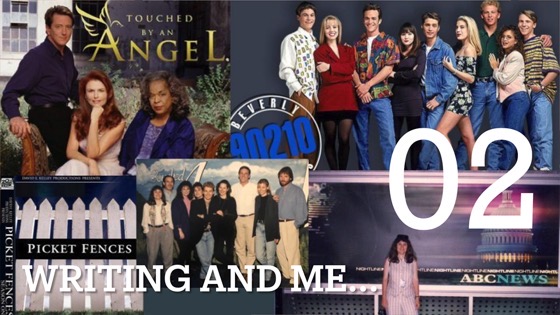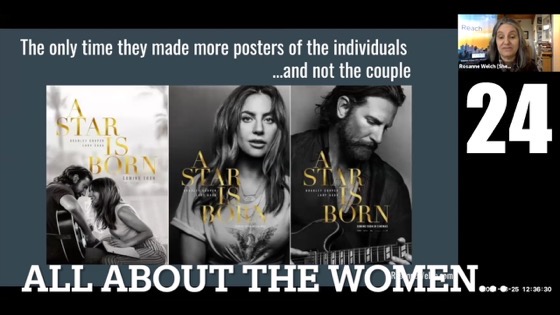Watch the entire presentation – Worry and Wonder | The Courier Thirteen Podcast | Episode # 29 here
Transcript:
I have another friend who teaches a thing called “speed drafting” So then you figure out what’s your best way to work and his idea is that you should set a little timer — an hour and a half, two hours, whatever you think — and just keep going and if you have a problem — I need to research something– you just slug in a little thing — figure this out later — that sort of thing keep moving, keep moving and the next day you don’t go back and look at what you did the day before. You just take it from where you stopped and go. So you have a whole first draft as fast as possible and then you take the time to pick your way through and do the rewriting and fill in the stuff that you didn’t know along the way. That works for him. That gives him two hours a day of writing and that’s all he needs to get to a — and then it’s two hours of rewriting when he gets to that stage. So you find a process that works for you and then you make sure your lifestyle allows for that process.
It’s always fun to sit down with students and share stories about entering the television industry and how things work at all stages and I had that opportunity the other day.
Daniela Torres, a just-graduated (Congratulations!) student of the Columbia College Semester in LA program asked me to guest on a podcast she had recently begun hosting with another college student she met during her internship (good example of networking in action!).
We could have talked all morning (the benefit of a 3 hour class session) but we held it to about an hour and fifteen minutes or so. Hopefully, along the way I answered some questions you might have about how the business works. So often it amounts to working hard at being a better writer and gathering a group of other talented, hard-working people around you so you can all rise together.
Dr. Rosanne Welch is a television writer with credits that include Beverly Hills 90210, Picket Fences, ABCNEWS: Nightline and Touched by an Angel. She also teaches Television Writing and the Art of Film at San Jose State University.
Rosanne discusses what made shows like Beverly Hills 90210 compelling, what to do and not to do when attempting to pitch a show to broadcast or streaming, what most young writers neglect in their writing process, and much more!
The Courier Thirteen Podcast is available on YouTube, Spotify, Apple Podcasts, SoundCloud, and Audible.
Podcast: Play in new window | Download
Subscribe: RSS
![37 Finding Your Writing Process...from Worry and Wonder | The Courier Thirteen Podcast [Video]](https://rosannewelch.com/wp-content/uploads/2022/02/rmw-courier-13-37.jpg)

![29 Fuller and The Great Lakes from Concord Days: Margaret Fuller in Italy [Video]](https://rosannewelch.com/wp-content/uploads/2022/02/rmw-concord-day-2021-fuller-rome-29.jpg)



![11 D. C. Fontana From Women in Early TV for the American Women Writers National Museum [Video]](https://rosannewelch.com/wp-content/uploads/2022/02/rmw-visible-stars-early-tv-11.jpg)


![36 More On Finding The Time To Write...from Worry and Wonder | The Courier Thirteen Podcast [Video]](https://rosannewelch.com/wp-content/uploads/2022/02/rmw-courier-13-36.jpg)
![28 What Would Margaret Do Today? from Concord Days: Margaret Fuller in Italy [Video]](https://rosannewelch.com/wp-content/uploads/2022/02/rmw-concord-day-2021-fuller-rome-28.jpg)
